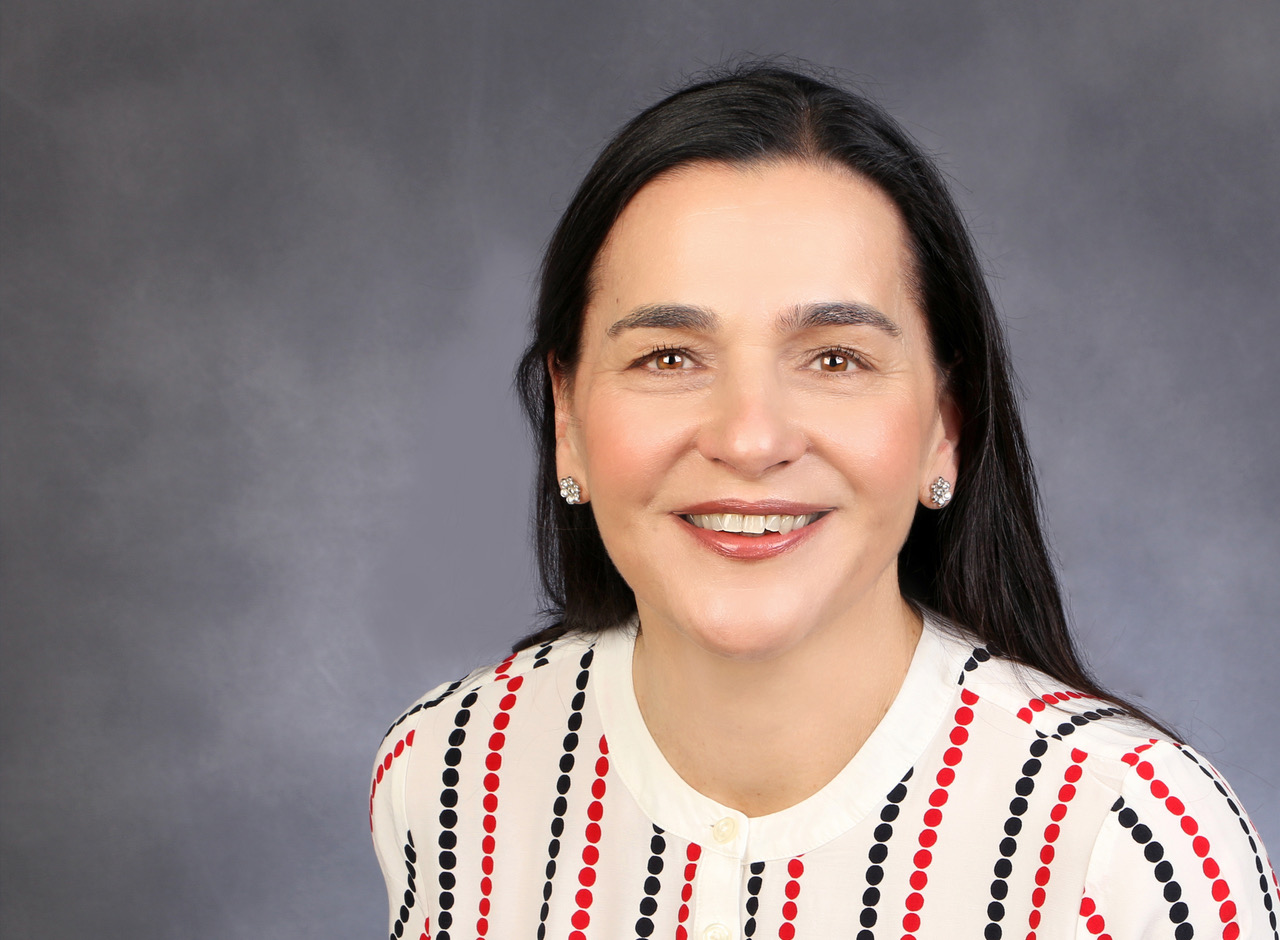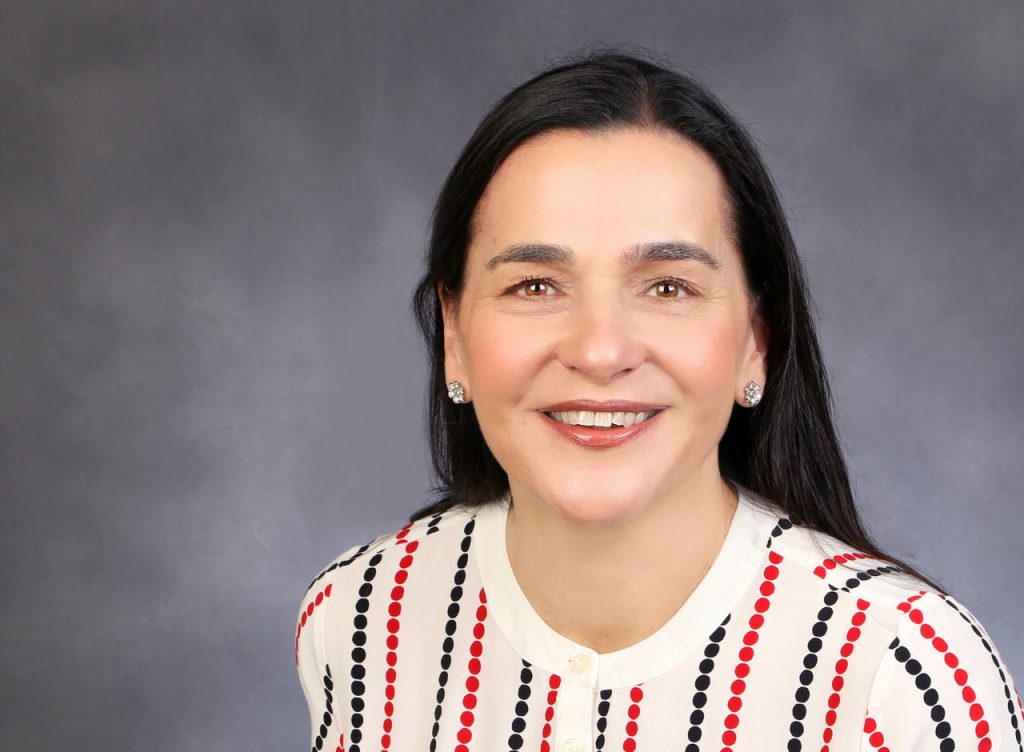Martina Neef (she/her)
Diversity, to me, is a big colorful fan of possibilities and variations.

Interview by Belinda Duvinage.
I’m Martina Neef, 52 years old, a fourth-generation Berlin native, mother of a 14-year-old daughter, and I founded RockitBiz, a non-profit company, in 2012. I myself come from an entrepreneurial background, having worked and lived for a long time in the USA and South America.
I originally studied mechanical engineering and specialized in theater technology. Then the opportunity arose to do an internship at the San Francisco Opera. After university, I was offered a job there. But because it was also more and more about budgeting, I added a marketing and business degree at Berkeley and then worked at an agency.
I would like to know from the schools whether it would help them to consistently separate administrative matters from teaching. We also need more support from social workers and school psychologists.
In addition, I think it is essential that the children learn German really well at an early stage. And: In Germany, we should also dare to take things out of the curriculum. I would like to see our teaching become more practice-oriented, we should be more courageous and prepare young people more for what awaits them in life. If we want to remain competitive as a business location, we have to let our children try out entrepreneurship.
In the 1990s, I taught entrepreneurship in California on a voluntary basis, and I already thought that we needed something like that in Germany, too. Because even though we have such good conditions and opportunities, this entrepreneurial attitude is often missing. So, I translated the concept, which in the U.S. was mainly focused on marketing and business skills, and changed the focus.
In my opinion, too few people in this country recognize and take advantage of their opportunities. And that is already being transferred to the students. I wanted to break this cycle. That’s how I came up with the idea of using the topic of entrepreneurship and start-ups to show young people that they have many more opportunities than they think and are told.
Firstly, we organize vacation camps for students aged 12 to 14, where they become start-up entrepreneurs for a week. They find out about their own skills and strengths, form teams based on them, and then develop and create a product with start-up capital, which they then sell. The children are supported by founders or employees of large companies such as Google or companies from the region. The main focus is on finding a way to work as a team. However, these project weeks do not only take place during the vacations, but also as long-term projects over the entire half-year at schools or as start-up project days. Many children simply don’t have any awareness of their abilities and skills.
Yes, especially with the long projects, the teachers get to know the children in a completely new and different way and are always surprised. Often the children who are not so academically adept are the absolute doers and implementers. This is also good for the group and brings them together in a whole new way. The younger the children are, the better it works.
Yes, also and especially with regard to gender equality: Girls and boys learn early on that “being CEO” is not a function that only boys can take on. That diverse teams are more successful. So, we can exert influence very early and very straightforwardly.
For me, diversity is a wide range of possibilities and variations.
Absolutely. I realize, especially recently, that I’m still learning, that I’m always learning new things. Even though I myself grew up with working, non-academic parents, equality was normal for me, I’ve always had contact with people who had different sexual orientations, it’s only over the years that I’ve realized that it can be completely different, that it’s important to be aware of that and to work for equal opportunities.
Yes, but the tasks are different. In India, for example, we work primarily with very poor women. But the basic idea is always the same: to strengthen self-confidence, to believe in oneself and one’s own skills.
That’s a good question. At the beginning of the year, it’s mostly about attracting funding, creating partnerships, and balancing projects. The biggest challenge is that more and more foundations, mainly due to the challenges of the past three years, are cutting back and eliminating their funding for the entrepreneurial sector.
Currently, financial support is the main way to help us. You can find more information here www.rockitbiz.de

